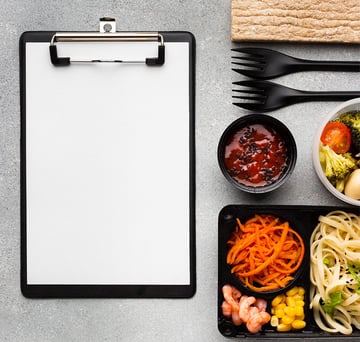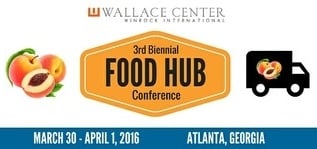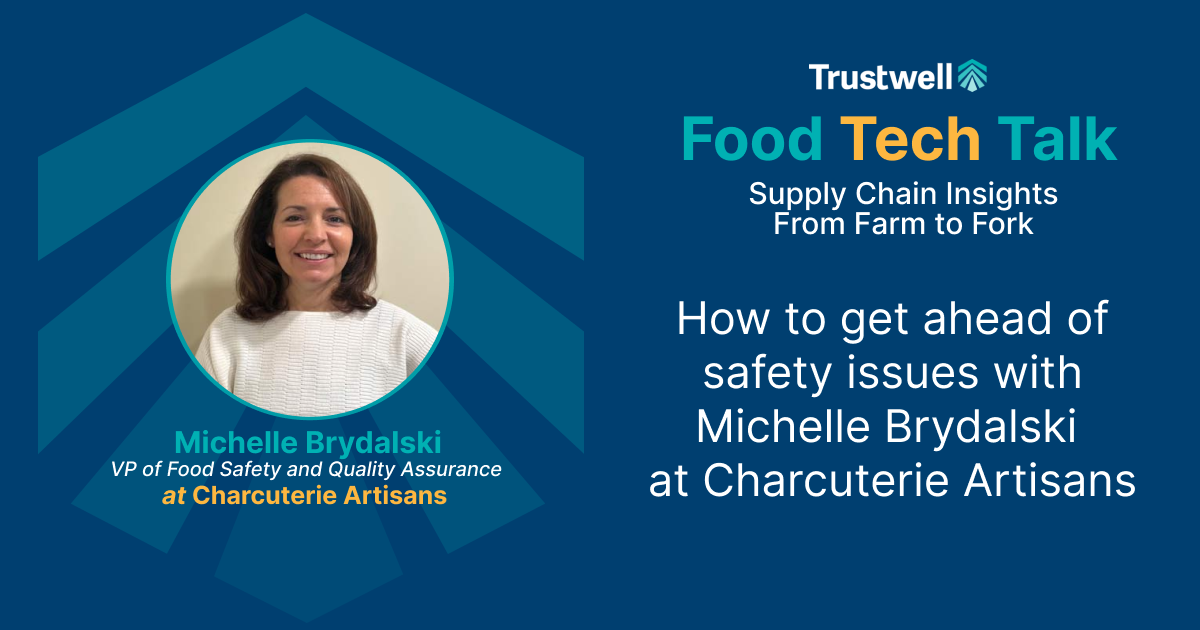Who is Michelle Brydalski?
Michelle Brydalski is the VP of Food Safety and Quality Assurance at Charcuterie Artisans and has over 25 years of experience directing food safety, quality, regulatory, and sanitation programs in well-branded food manufacturing organizations. With that experience comes perspective, and Michelle has a sharp and practical understanding of both the technical skills you need to succeed in the industry and the mental attributes you need to deal with unpredictability and the inevitability of challenges presenting themselves to you. It’s that broad level of understanding that makes Michelle not just a great operator herself, but also a valuable mentor to newcomers to the industry.
Why You Need a Game Plan in the Case of Recalls
For food safety and quality assurance experts like Michelle, avoiding product recalls is a top priority, representing a significant challenge in their field. For those new to the industry, facing a recall can be particularly daunting. However, with 25 years of experience, Michelle understands that despite best efforts, recalls are sometimes unavoidable. It's crucial to not only strive to prevent them but also to be well-prepared to handle them when they occur. In her view, being unprepared for a recall is even worse than the recall itself.
“A recall is going to happen at some point in everyone’s career”
When the time arrives, Michelle emphasizes the intense pressure one will face. Expect a flood of customer calls, a barrage of questions from various directions, and numerous audits from customers wanting to inspect your operations, facilities, and programs. Heeding Michelle's advice means having a response plan prepared and being mentally ready to tackle these challenges as they emerge.
Be a Detective When Monitoring Your Environment
Michelle raises an intriguing caution about companies not finding contaminants in their food or surroundings, suggesting that a lack of discoveries doesn't necessarily indicate effective safety practices but rather potential oversights. She points out that it’s rarely the food itself that contains the contaminant, it’s far more likely to be something in your environment or the behaviors and processes of your team that is introducing the pathogen.
She notes that the environments in this industry are dynamic, with constant movement of people and equipment, and emphasizes the critical role of sanitation. Her advice is not to ignore problems but to avoid becoming complacent about the effectiveness of prevention measures. Michelle stresses the importance of adopting a detective-like mindset among those she mentors, highlighting her own practice of spending hours observing the interactions and movements within a workspace. Despite the unease it may cause, this approach is valuable for identifying patterns that could indicate potential sources of future contamination.
Sanitation, Sanitation, Sanitation
Maybe contaminants will be in the food itself, or maybe they’ll come in from equipment from the outside – as we’ve discussed you have to be alert and prepared for these situations because to a certain extent, you can’t control what comes into your workspace, you just have to be ready to react when a contaminant does show up. Sanitation is different, however, and from Michelle’s point of view, she’s not too certain that the industry at large has bought into its importance in preventing outbreaks and recalls. It’s different because problems arising from sanitation issues can be prevented and controlled entirely by the practices that become habitual within your working environment.
“I say this a lot and people laugh at me, but I really feel like in the scope of recalls and with FSMA coming on board, that sanitation to me really went from being the zero to the hero.”
Michelle makes the point that people working in sanitation are often the least-paid staff members working in the facility, which doesn’t match up to their importance. And if you’re not affording that importance to the people in charge of this area, you’re arguably asking for trouble. In the discussion with Michelle, this is the point where she really makes a strong case for change in the industry – more resources, more attention and awareness, and more investment in the people and programs that are determining the levels of sanitation.
All of these areas are where Michelle’s pearls of wisdom can and do have a transformative effect on the people she mentors and works with. There are many more pearls of wisdom in the full podcast and hopefully, you can learn from them today.
Check out the full podcast episode via the links below. Be sure to subscribe, rate, review, and share!
Other posts you might be interested in
View All Posts
Food Industry
5 min read
| October 2, 2023
Navigate Labeling Compliance with 4 Essential Sessions at reCONNECT 2023
Read More
Food Industry
25 min read
| February 18, 2026
The Smart Leader's Guide to the New FSMA 204 Compliance Date
Read More
Supplier Compliance
3 min read
| March 28, 2016


